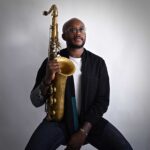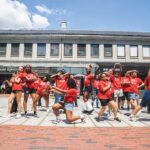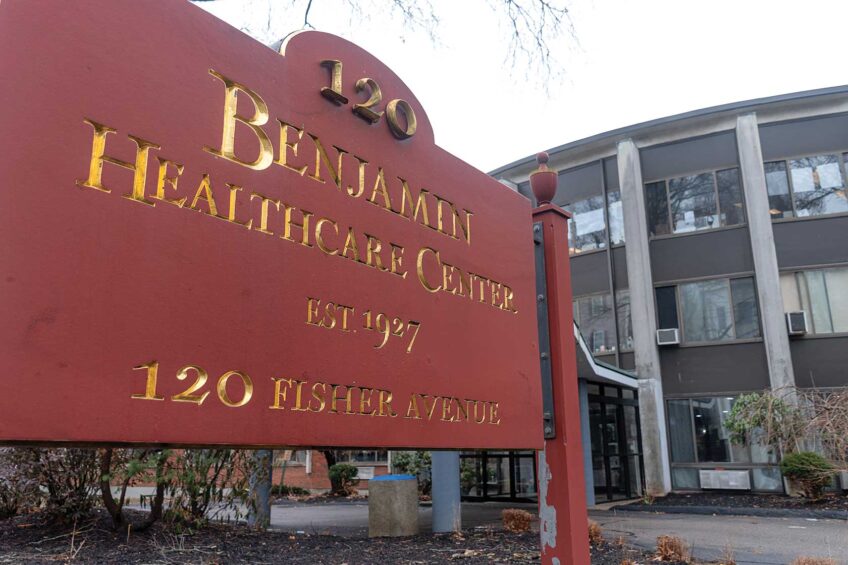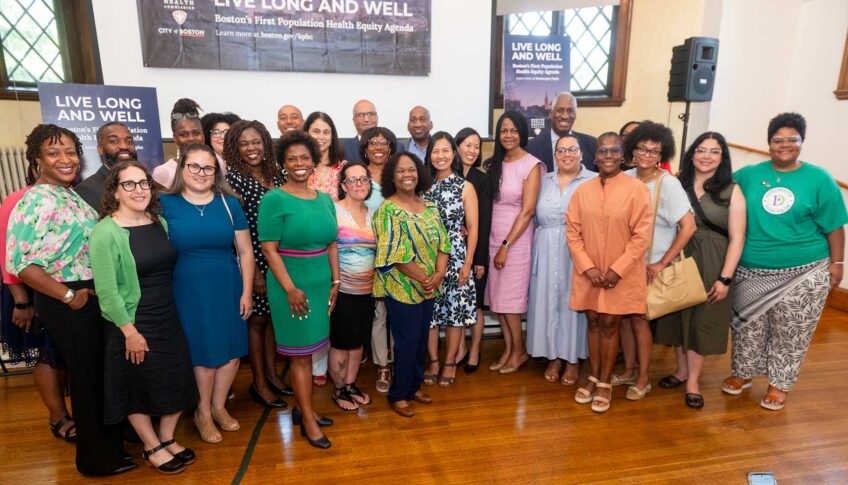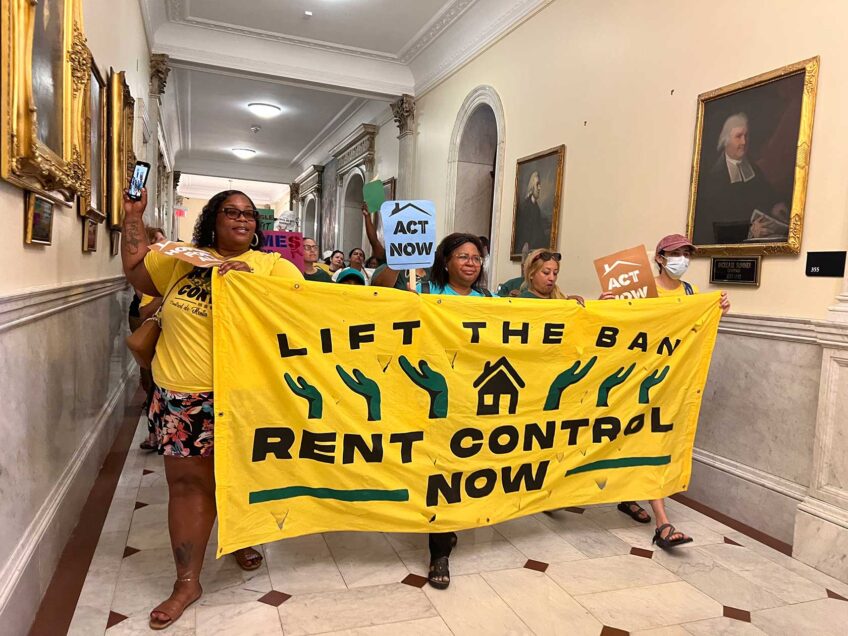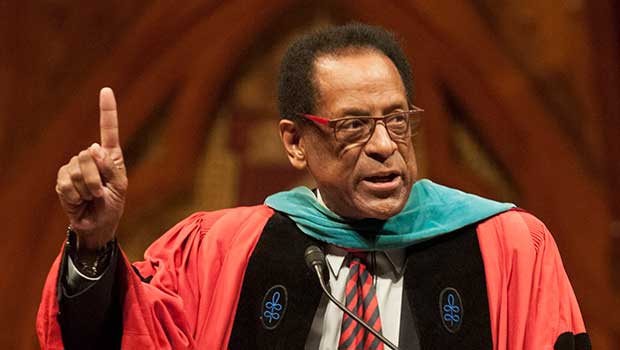
The world has lost one of its greatest humanists, but the recent death of Dr. S. Allen Counter will most adversely affect African Americans. There is no one else to explore the globe so bravely, in search of the history of the African people.
As founder and director since 1981 of the Harvard Foundation for Intercultural and Race Relations, Counter created an institution at Harvard University that obviated impending student ethnic balkanization in favor of respectful appreciation for ethnic and racial diversity. Fully aware that outstanding celebrities in music, theater, diplomacy and art had already breached racial divides, Counter astutely created opportunities for students to enjoy programs with prominent celebrities from multiple backgrounds.

S. Allen Counter (in canoe in foreground) on a trip through the Suriname rainforest with the descendants of escaped African slaves.
Counter’s academic achievements enabled him to become a professor of neurology at Harvard Medical School as well as an adjunct professor in neuroscience at the Karolinska Institute in Stockholm, Sweden. Counter was a well-published neurologist, but at the heart of his intellectual life was an insatiable curiosity about the origins of black Africans.
Fortunately, Counter also had the soul of an explorer — otherwise some of the major achievements of his life would never have been realized. With the instinct of an ethnographer and anthropologist, Counter and his close friend David Evans, an electrical engineer and admissions officer at Harvard, set out to find villages in the Suriname rainforest of the descendants of African slaves who had escaped from captivity.
In the preface to their book on the expedition, “I Sought My Brother,” published in 1981, Counter states, “It is the personal story of a 350-year reunion between two Afro-Americans from the United States and the people who represent the connecting link between U.S. blacks and Africans.”
Years later, Counter turned his attention to another part of the globe, the North Pole. He had always admired Matthew Henson, the black assistant to Admiral Robert Peary in the expedition to the North Pole. When he learned that Henson might have an Eskimo son living in Greenland, this information launched another expedition, to find Henson’s progeny. Counter found Henson’s son Anaukaq as well as Kali Peary, the son of Admiral Peary. Not only did Counter find them, he brought them to Cambridge to meet their American families.
In 1991, Counter published a book of the adventure, “North Pole Legacy: Black, White, and Eskimo.” As a result of Counter’s efforts, Matthew Henson was removed from a common grave in Queens, New York and reinterred in 1988 in the Arlington National Cemetery, the same place where Peary was buried as a hero.
Counter’s many achievements have been recognized. In 2012, Counter was knighted by Carl XVI Gustaf, King of Sweden, as Knight of the Order of the Polar Star First Class, an order of chivalry established in 1748. Counter was recognized for two decades of collaboration with Stockholm’s Karolinska Nobel Institute and in honor of his work as the Swedish Consul General for Northern New England.
Counter also received the prestigious 2013 Lowell Thomas Award from the Explorers Club of New York for the Suriname and Greenland expeditions as well as his more recent work on lead and mercury poisoning of Indians and Afro-Ecuadorians in the gold mining areas of the Andes Mountains.
There were still important projects that interested Counter that he could not complete. One was the so-called Ishango Bone of Uganda that he believed may have been used as a computational instrument in ancient Africa. According to carbon-14 dating tests, it was estimated to be 20,000 years old. According to Counter in an early Banner story, “That is substantially earlier than the time that the Greeks supposedly developed the foundation of modern mathematics.”
Counter was interested enough in the bone to travel to the Belgian Institute for Natural History in Brussels to view the artifact. According to the Banner, he said, “I felt at once a sense of awe and reverence holding this sacred link with the past.”
Counter has established for this generation that there is much in the past history of Africa, beyond present memory, that is worthy of serious attention. That awareness is a significant element of Counter’s legacy for African Americans as well as for all those who are part of the world’s intellectual community.

